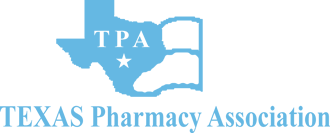How Does Diabetes Impact Wound Healing?
Diabetes is a debilitating disease that inhibits the body’s ability to produce insulin. The body needs insulin to convert sugar into energy. Without insulin, sugar accumulates in the bloodstream. Due to this issue, people with diabetes have difficulty healing from cuts, scrapes, and wounds. Therefore, patients need a variety of medications to help speed up the body’s healing process.

What treatments can help?
When dealing with a diabetic patient, the physician’s focus is speeding up the body’s natural healing process. To address these issues, doctors prescribe a multitude of medications. Each medication may address one or more problems, but patients will have to take a few different ones to heal the wound effectively. While treating injuries, doctors primarily focus on:
- Reducing inflammation
- Improving collagen production
- Removal of dead tissue
- Increasing blood flow to the wound
- Limiting bacteria buildup
- Avoiding infection
What is compounding?
Drug compounding is the act of mixing different ingredients to create a medication to meet the unique needs of a patient. Drug compounding can only be done by a licensed pharmacist or physician at a federal facility or state-licensed pharmacy. Compounding pharmacies exist to create and dispense compound medications because regular pharmacies cannot fulfill these prescriptions.
How can drug compounding help patients with diabetes?
What types of medications can be compounded?
Should I talk to my doctor about compound medication?
RECENT
ARTICLES



Our Patients Say
We pride ourselves on providing exceptional customer service to our community. Here are a few things that the community is saying about us.
Convenient and quality service. Ive never had my prescriptions filled quicker and the pharmacist took the time to tell me about what I was taking.
Excellent experience! Friendly, knowledgeable staff!
I have been a customer since they opened. Julie and Hiten have both treated me with the utmost respect and have always been ready to take care if my needs with a smile




